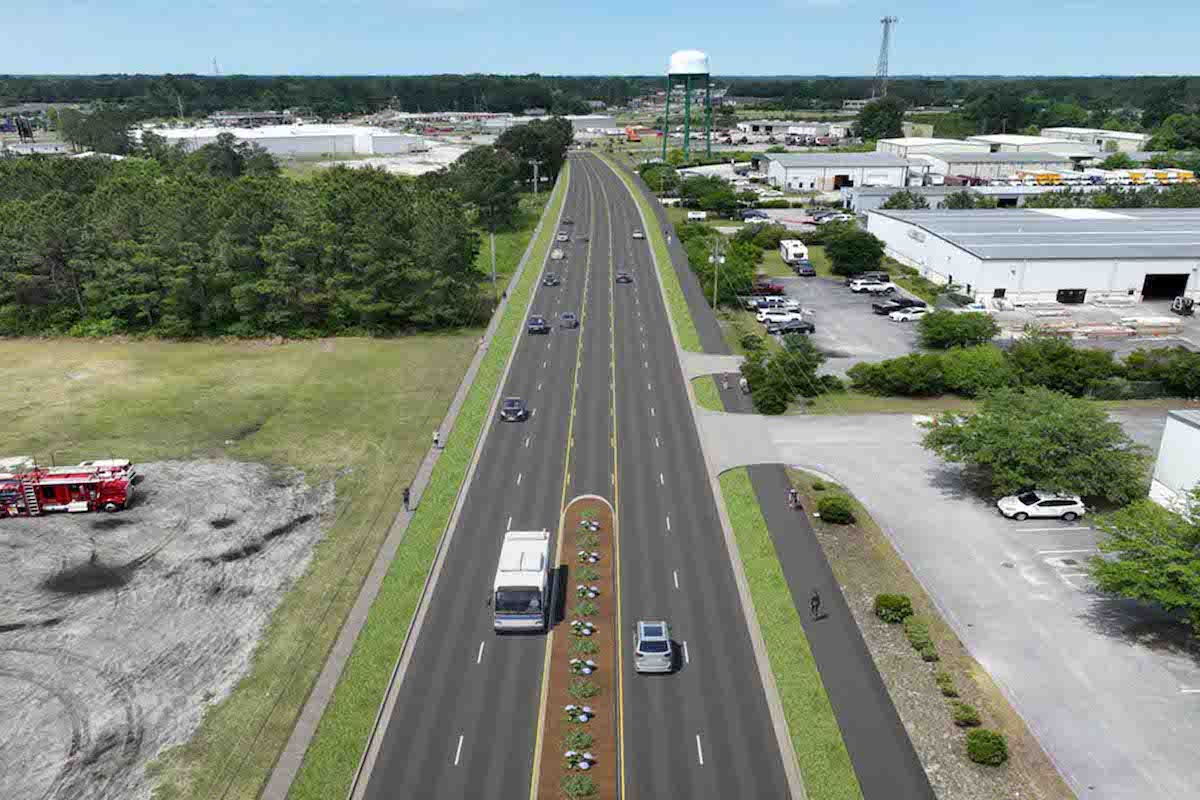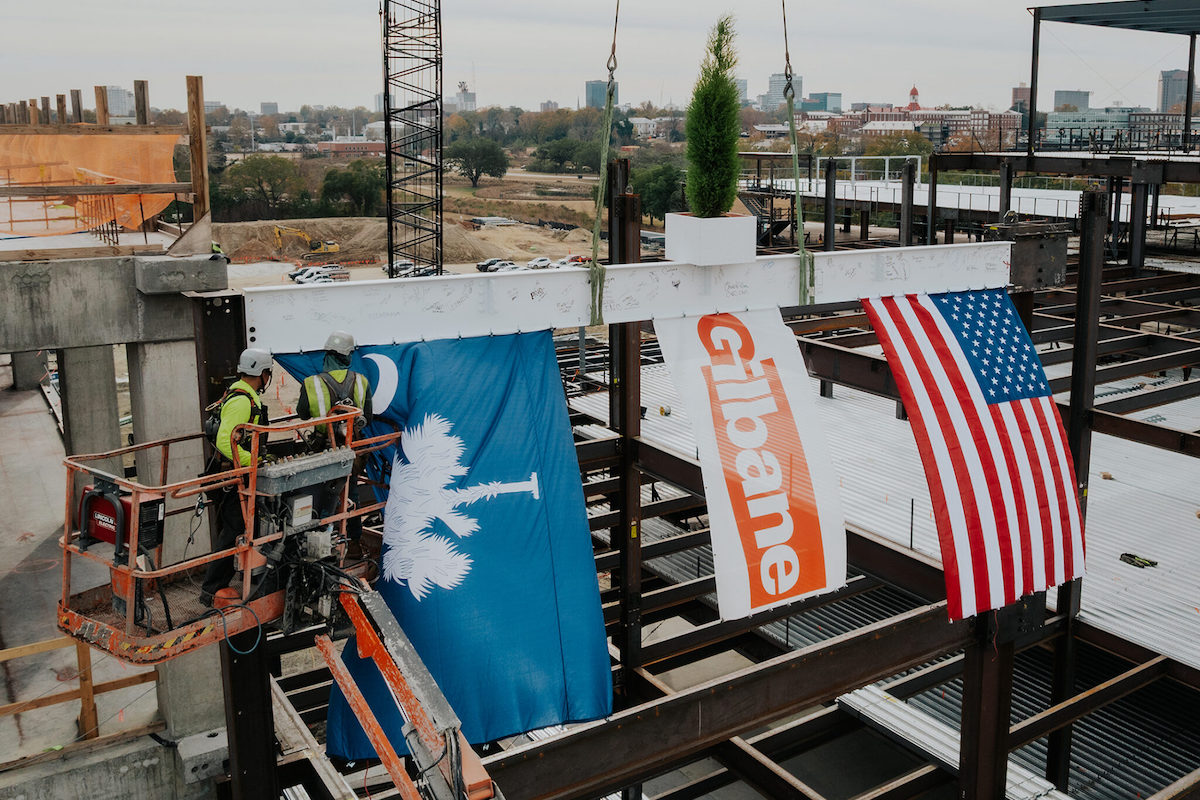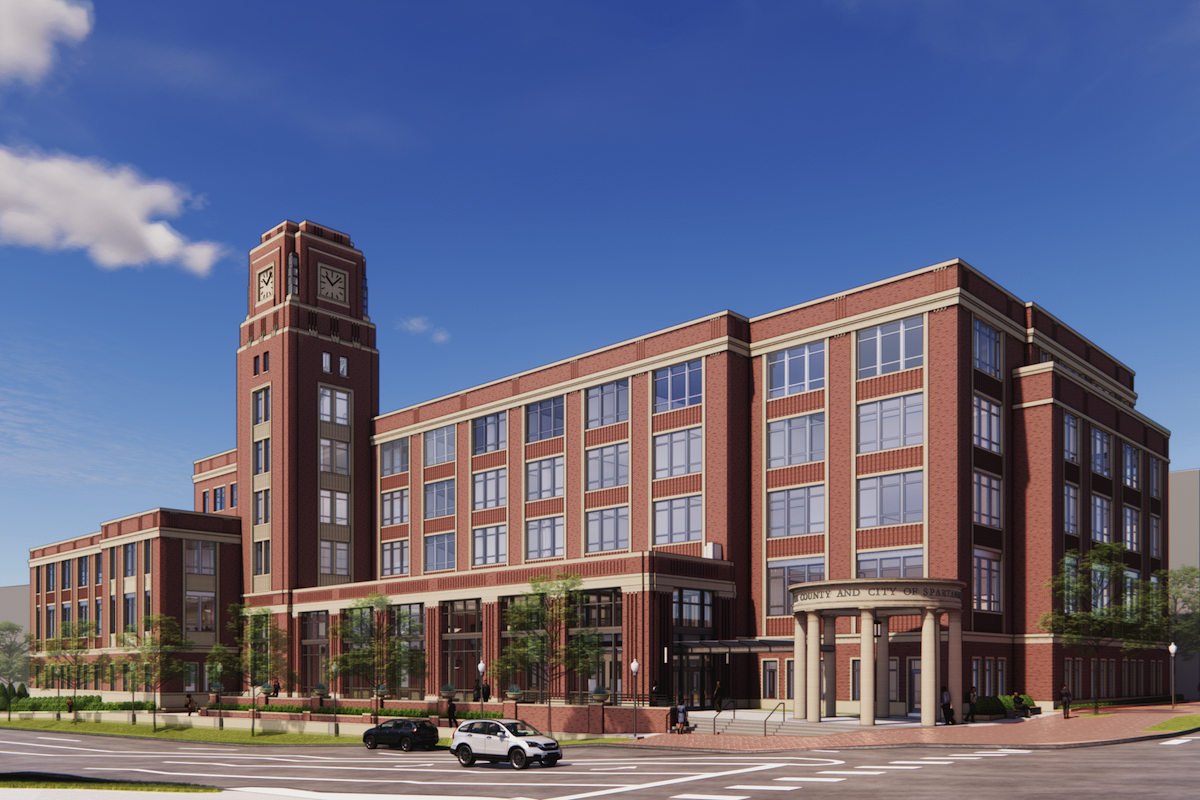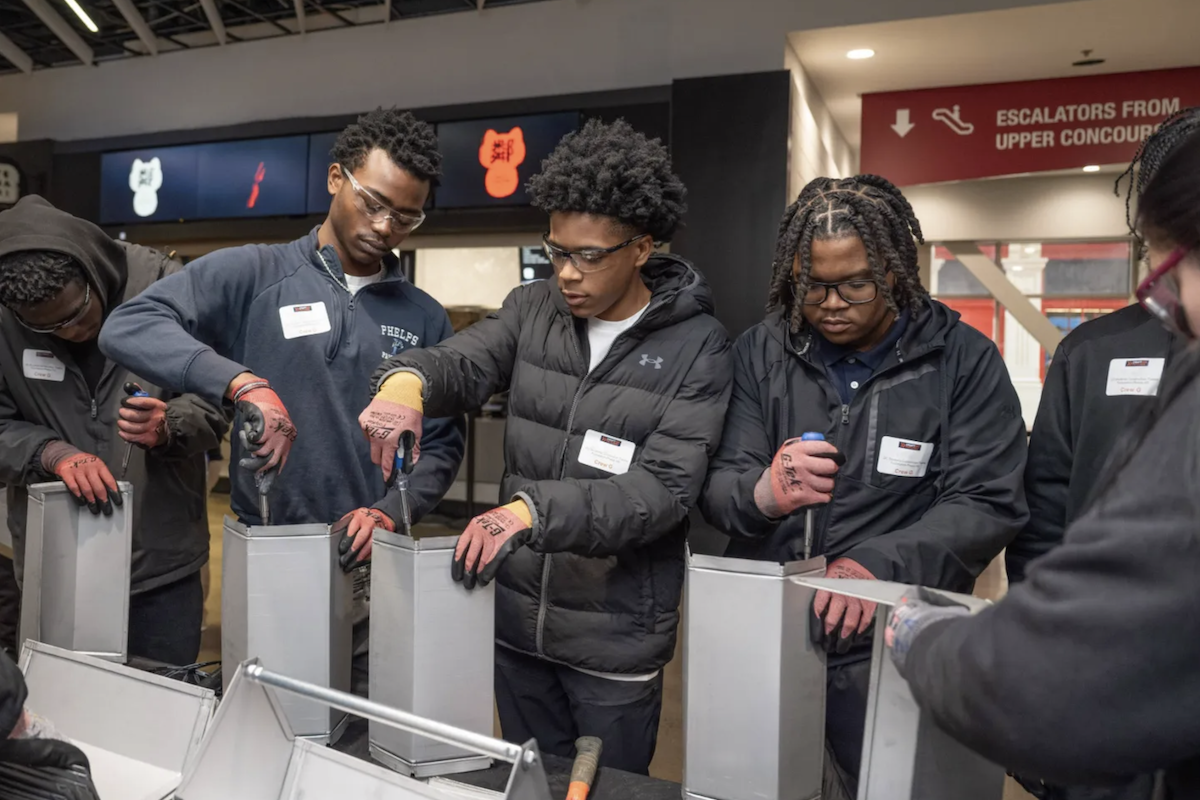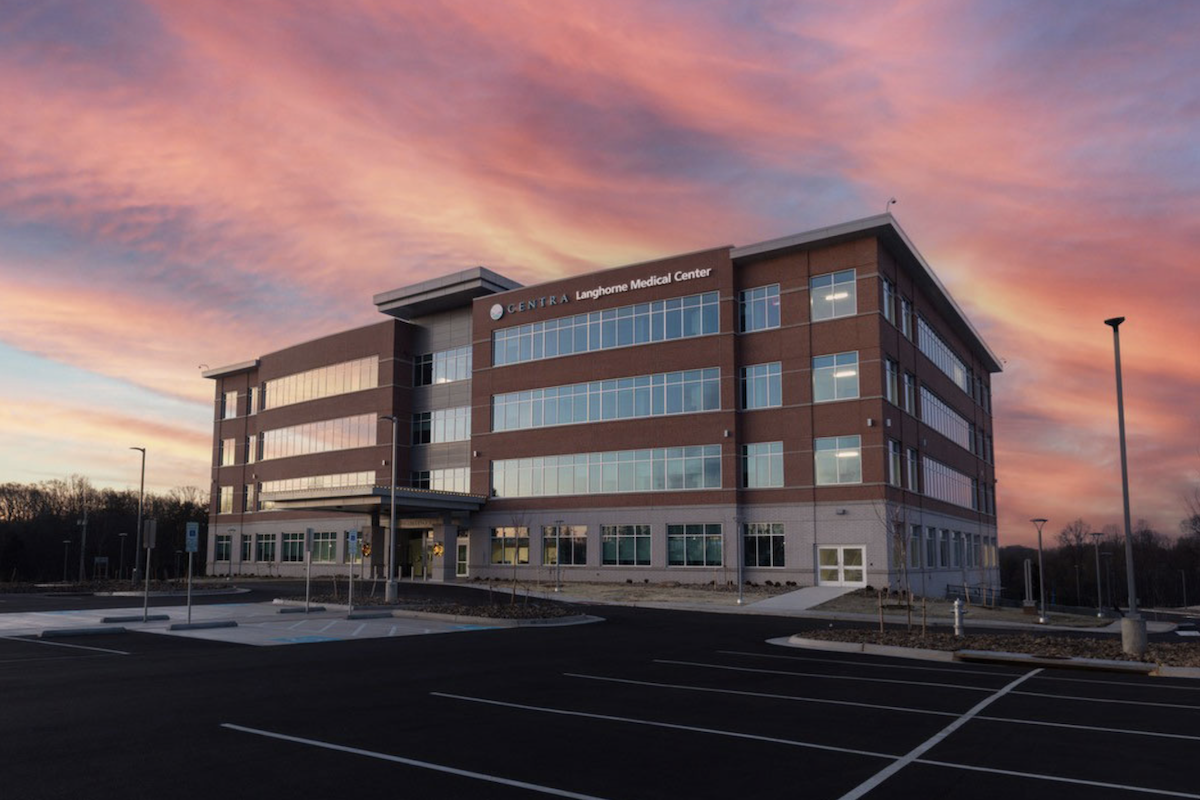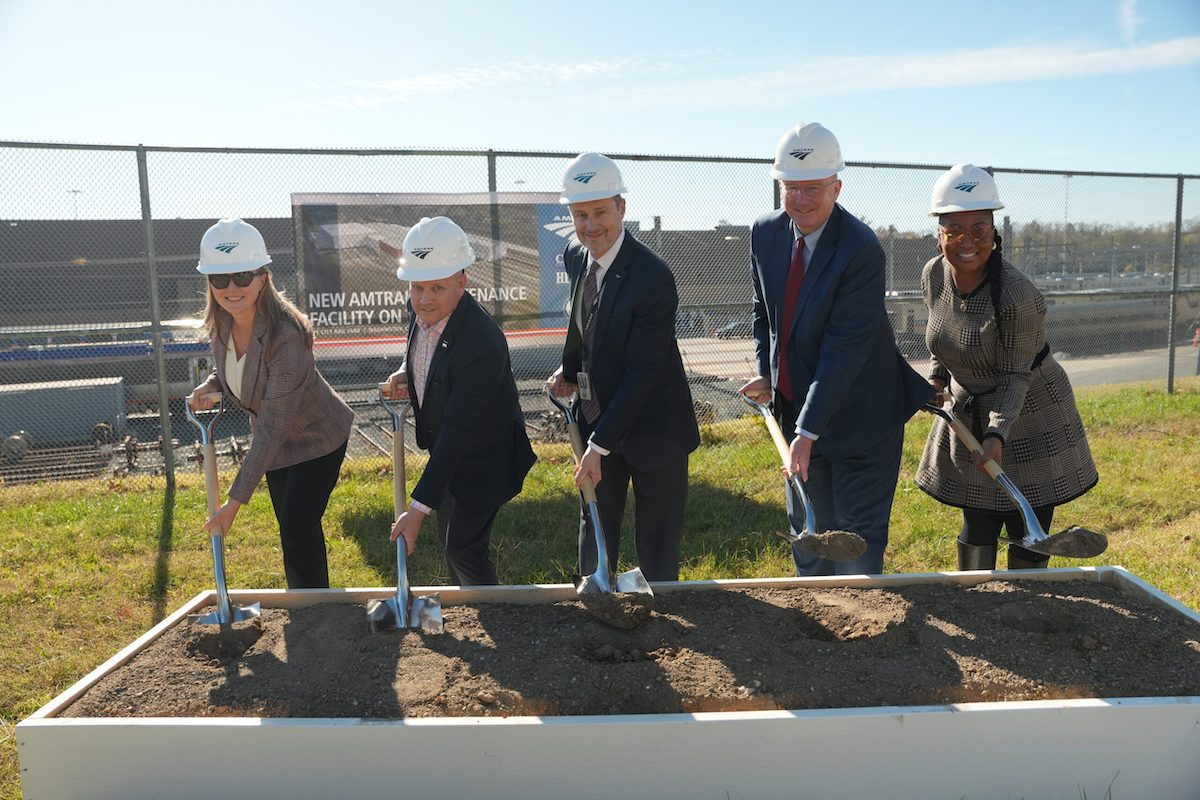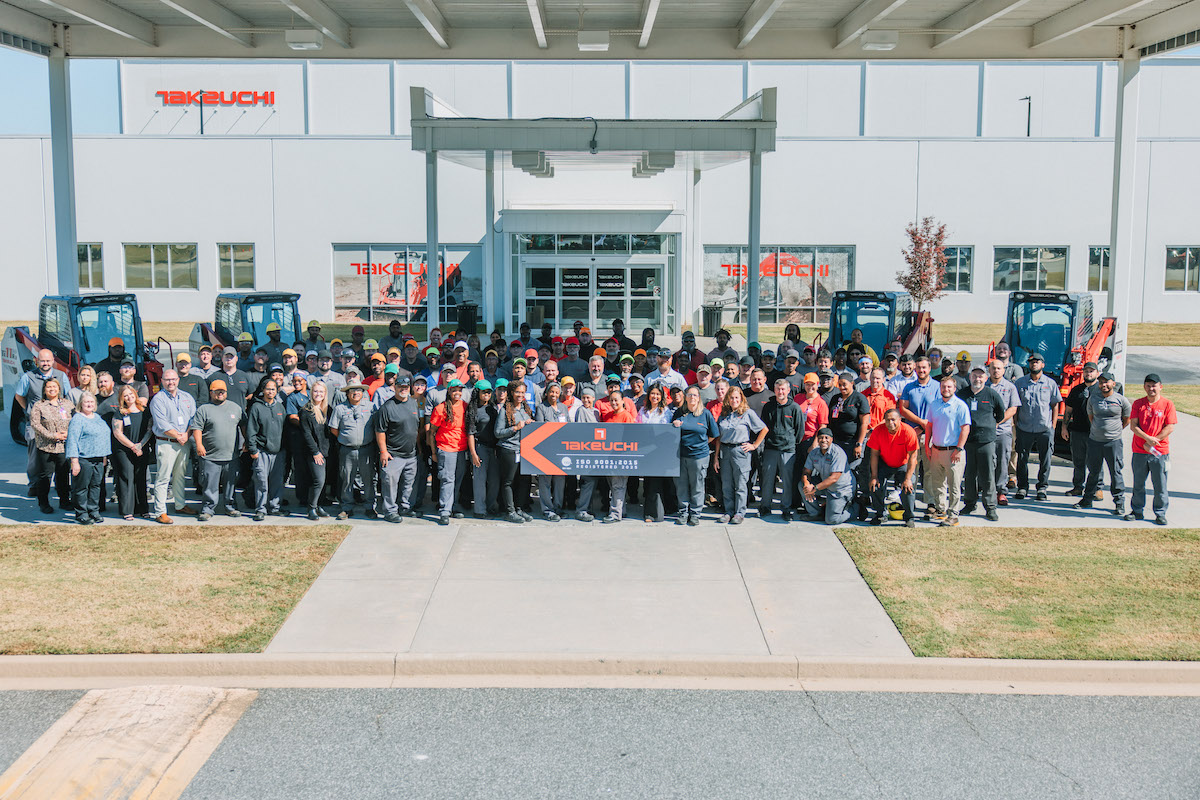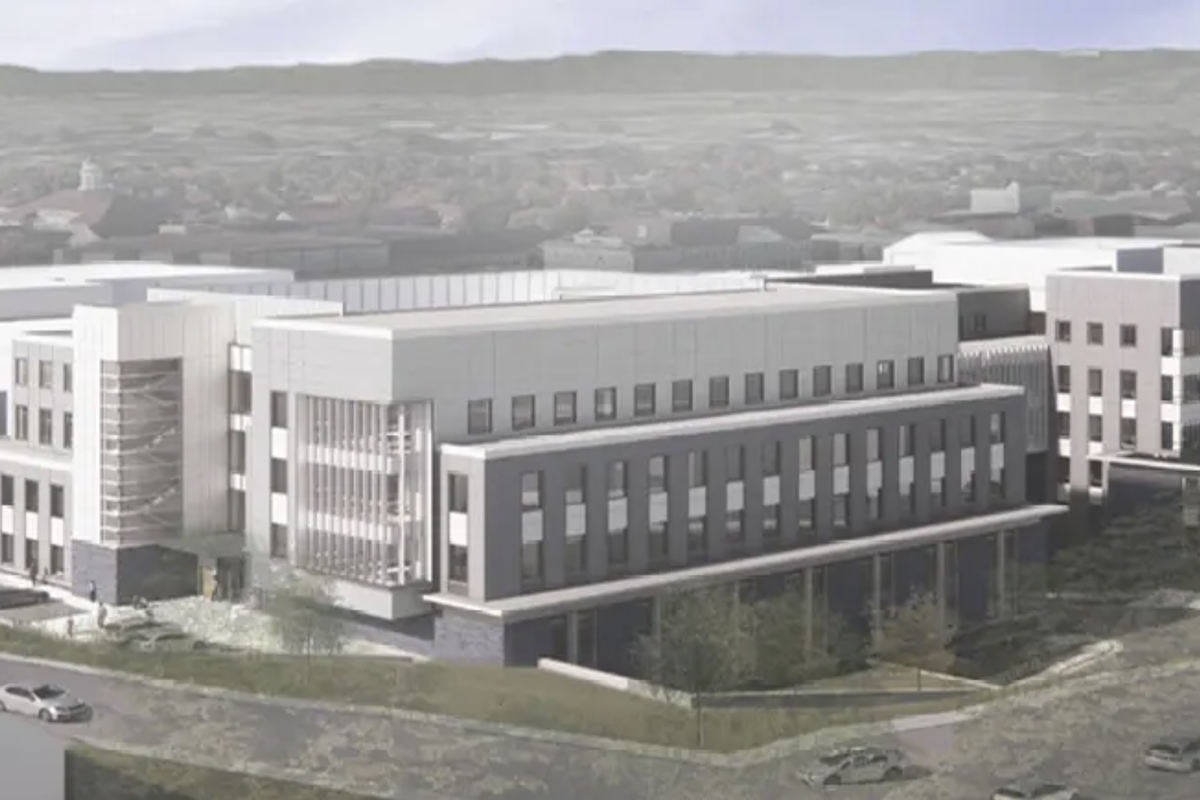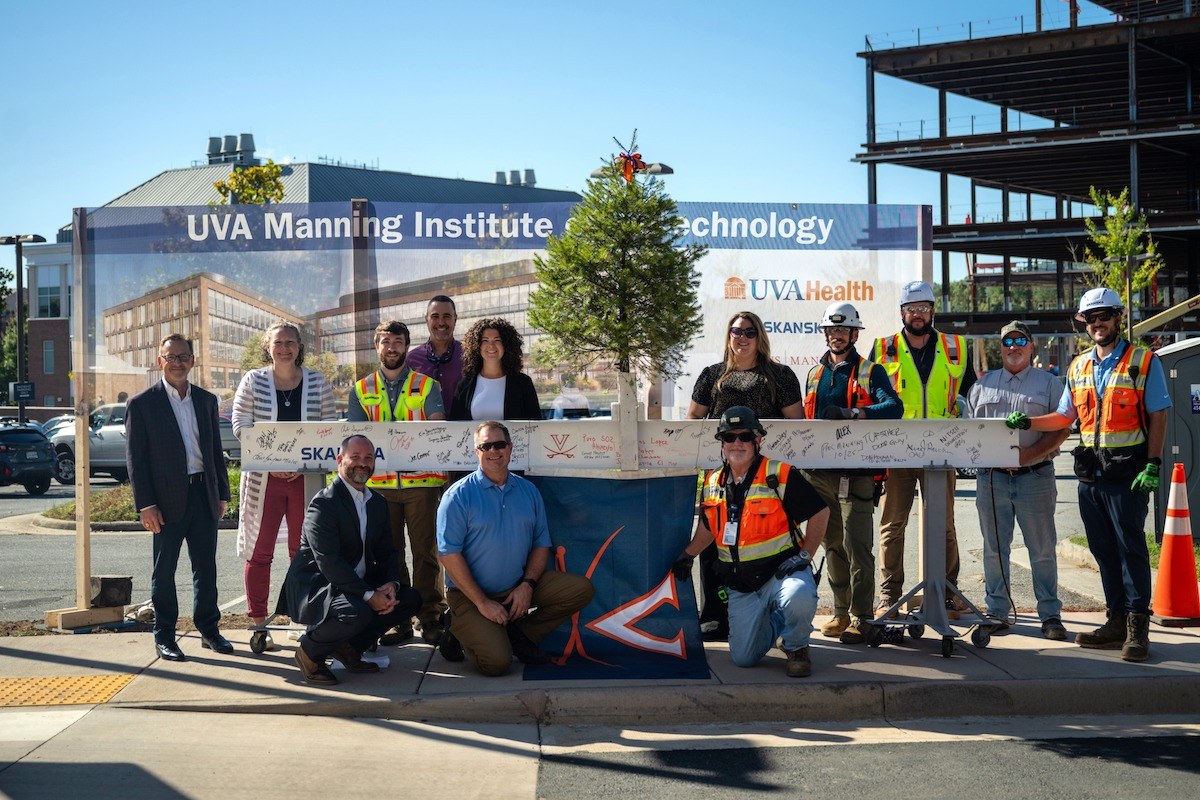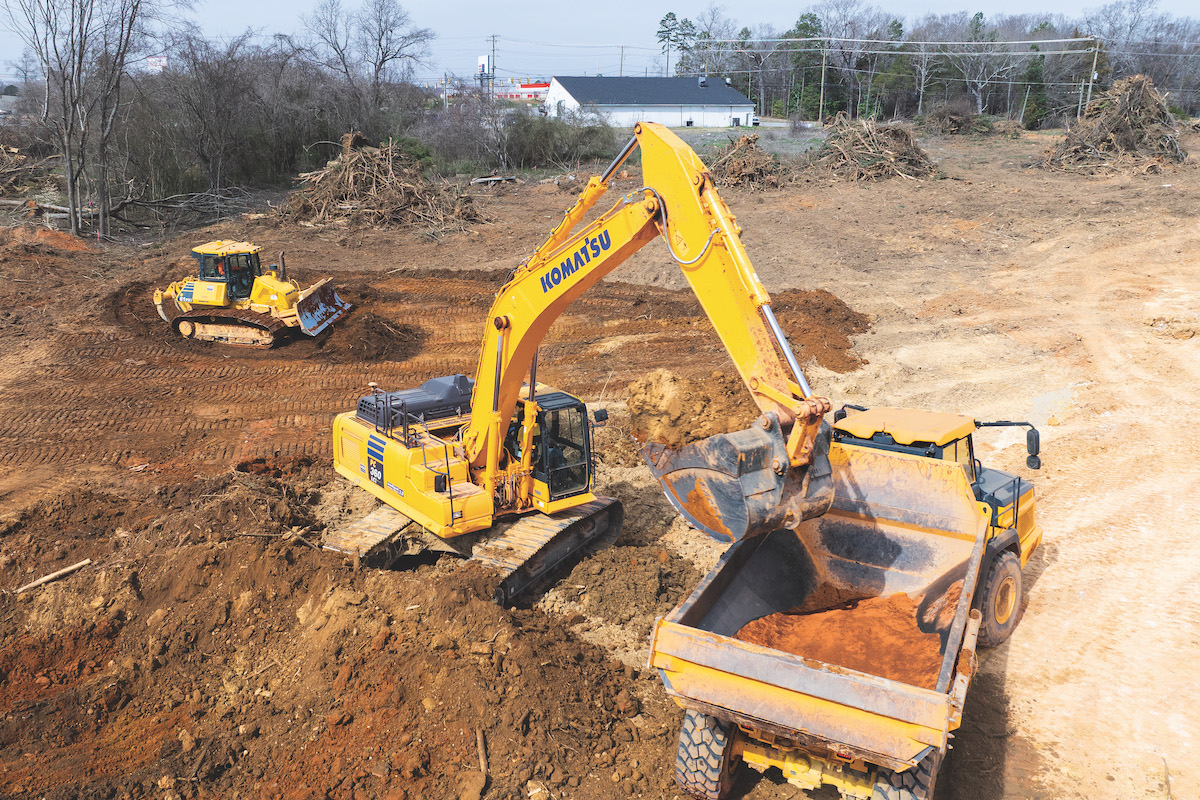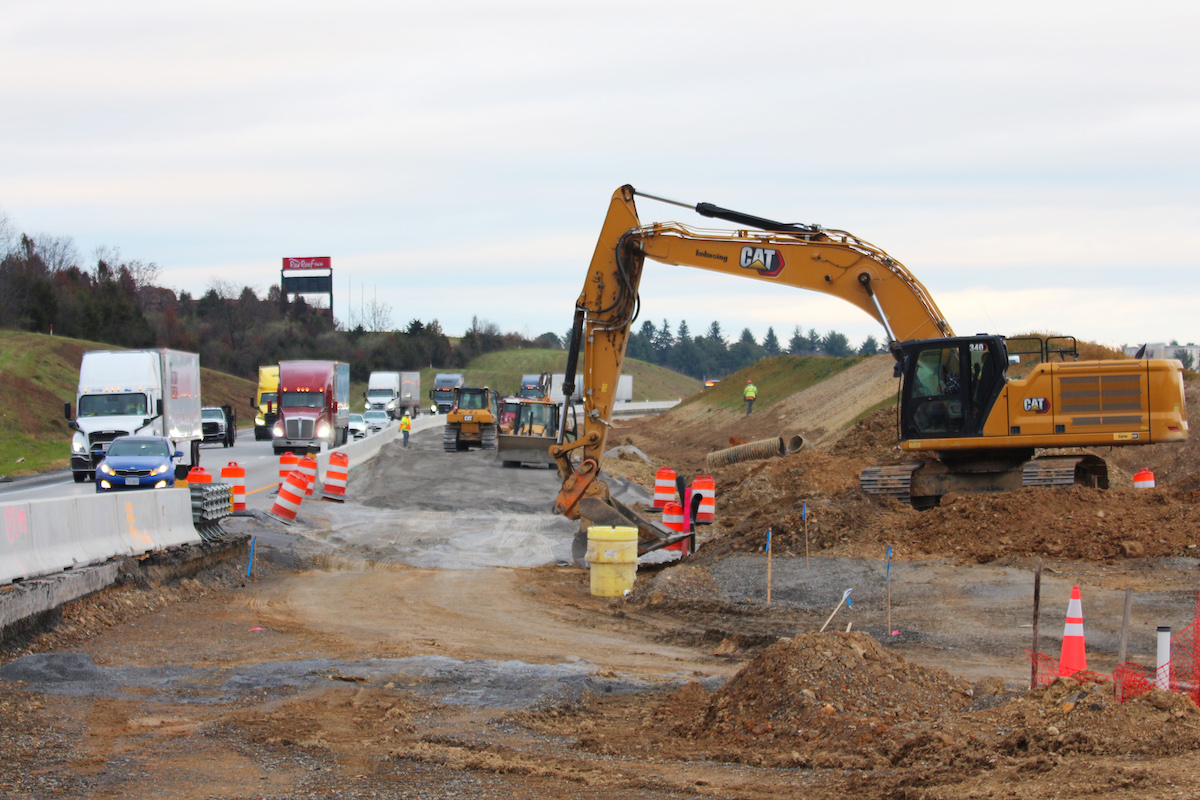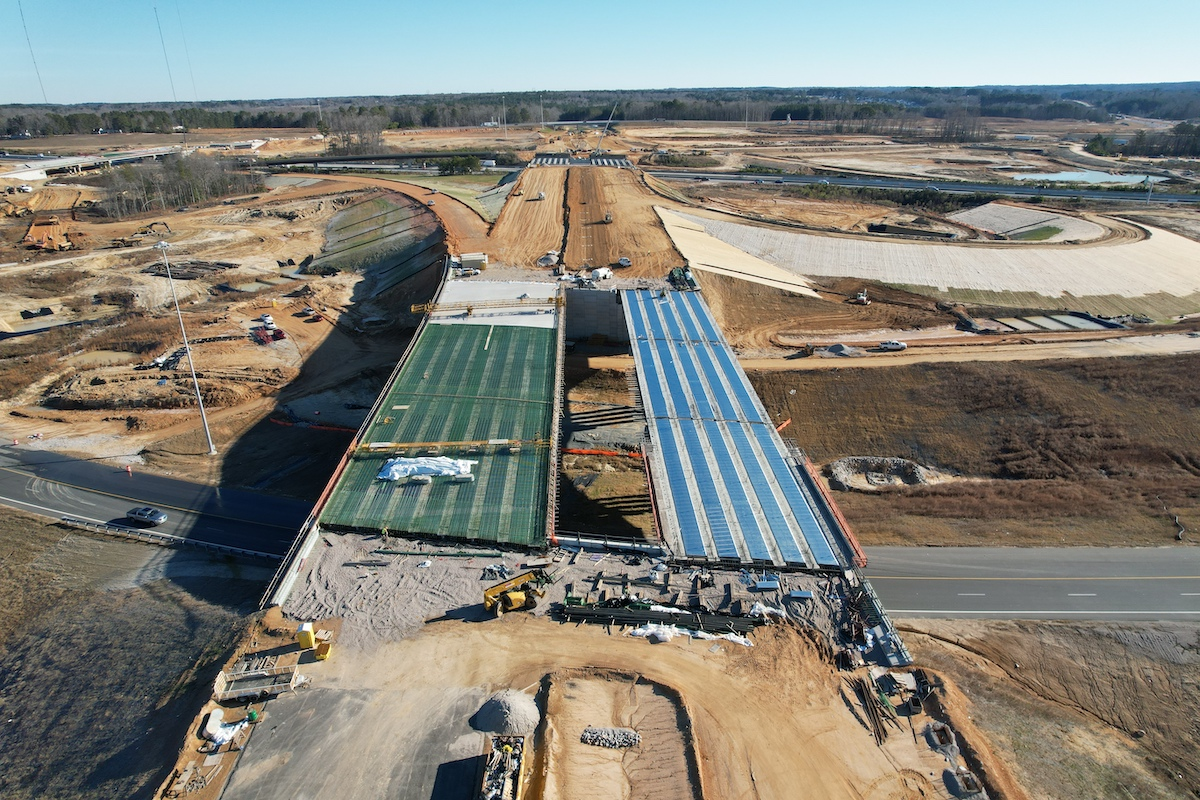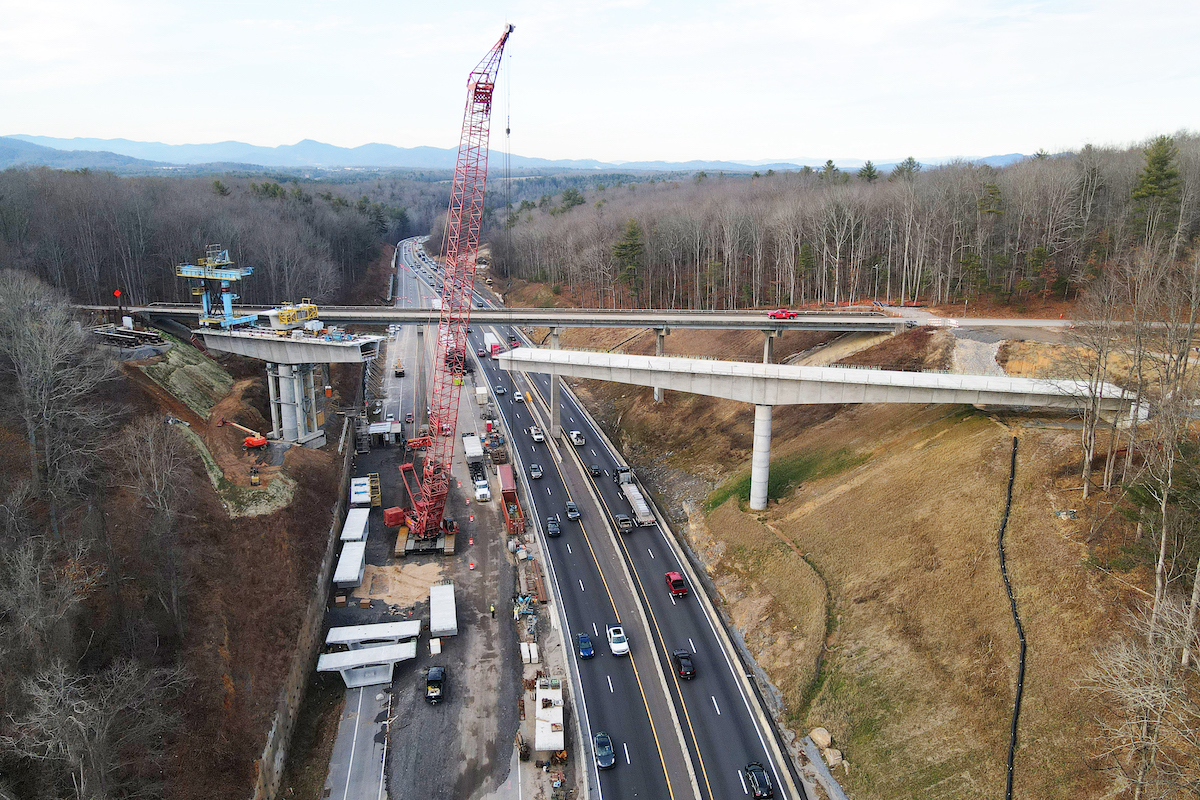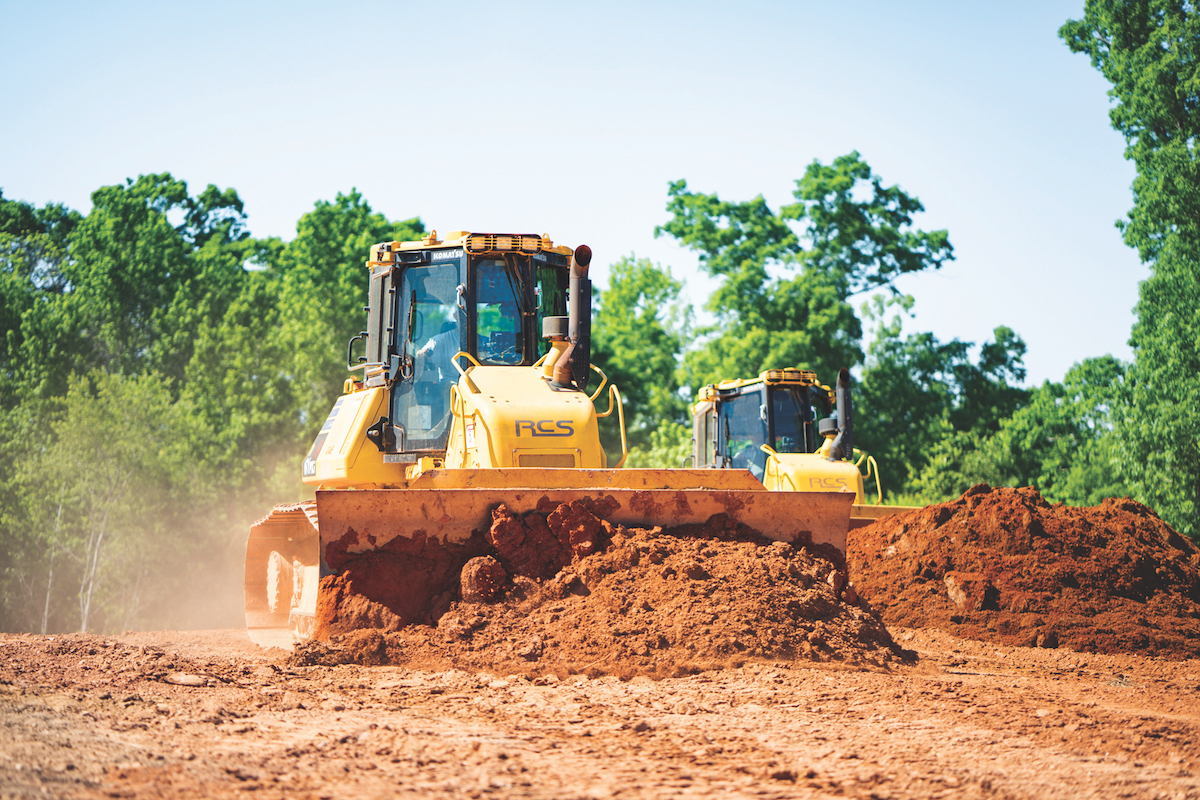Organization and preparation are words to live by in these times of plenty – and technology provides a vital vehicle for success. For many construction professionals, 2020 was a year of investment in agile, automated, and connected technology to drive remote collaboration, and 2021 accelerated adoption.
According to the Deloitte 2022 Engineering and Construction Industry Outlook, “The industry landscape is rapidly evolving as engineering firms, contractors, and participants across the value chain realize the benefits of, and increasingly deploy, connected construction technologies. In 2022, connected construction will likely be a catch-all for major digital investments to connect, integrate and automate operations and bring the entire value chain onto a secure, intelligent infrastructure.”
As we head into 2022, here are the top five areas where technology could directly impact and improve your construction ecosystem.
Consider that machine control is already much the norm in the industry. In today’s market, a contractor of any size can gain almost immediate value in productivity with machine control technology, while setting themselves up to take advantage of future autonomous capabilities.

| Your local Trimble Construction Division dealer |
|---|
| SITECH Mid-South |
In fact, some contractors are realizing double digit improvements in productivity and job quality today. One company estimated that the surveyor and field crews saved three days of time each on the job – a total of at least 40 hours – by their operators using semi-automated boom and bucket operations to dig to a prescribed design elevation.
In 2022, watch for contractors to increase their investment in solutions that automate tasks and make the operator’s job easier, and for technology providers to expand this type of functionality to an even broader selection of equipment types and sizes.
At the same time, many companies and educational institutions are expanding opportunities to train the workforce of the future. Trimble, for example, has partnered with 18 educational institutions in 11 countries to provide Trimble Technology Labs. The labs provide students with hands-on experience with the latest industry tools mixed reality, 3-D scanning, office-to-field solutions and GNSS positioning, as well as software solutions for GIS data collection, project management, architectural and structural analysis, design and engineering.
Every day brings new stories of apprenticeships, returnships, and new degree programs in areas like building information management (BIM) and virtual design and construction (VDC). As backlogs increase in 2022, we’ll see more of these programs emerge to attract, train, and retain workers.
The benefits of an integrated data model collaboration platform are already proving beneficial on the $158 million Highway 169 Redefine project for the Minnesota Department of Transportation. In this case, engineering firm WSB teamed with Trimble and Bentley to assure the smooth transfer of data, largely with the use of Quadri, a BIM collaboration tool, to help users maximize the value of the 3-D models through construction. The benefit of this collaboration platform has become readily evident in the early design phase. In one case, for example, the engineering team sought to raise one of the bridges by 6 feet. WSB and the contractor, Ames Construction, were able to use that same design file to balance earthwork quantities at the different stages, reduce the number of retaining walls, and even minimize noise.

| Your local Volvo Construction Equipment dealer |
|---|
| Richmond Machinery & Equipment |
Look for more infrastructure project owners to require the use of advanced construction technologies as part of the bid process, and for federally funded projects to include solutions that automate tasks, connect stakeholders, help achieve sustainability goals, enable collaboration, and provide a common data environment throughout the project lifecycle.
Backlogs in the availability of technology solutions mean your competitors already have their place in line. Do you? And just as importantly, does your technology ecosystem have the ability to ramp up, ramp down, or change direction with ease?
The everything as a service (XaaS) model is taking hold in construction. Subscription solutions like Trimble’s Platform as a Service (TPaaS) give contractors the ability to purchase certain hardware and software solutions for a set monthly price and get full technology assurance – including hardware upgrades, repairs, and replacement – throughout the agreement period. We expect to see increased uptake in the subscription model in 2022 because it helps contractors futureproof their businesses with built-in upgrades and flexibility.
Many contractors are already using AI-powered tools to identify and mitigate clashes between different models, or machine learning algorithms to explore the variations of a solution and generate design alternatives. However, all of the data generated from images captured from various applications – from scanners and drones to security sensors and models – become a resource for AI-enabled analysis and an opportunity to gain better insights.
As an industry, we have to do more than just monitor data. We have to do a better job of actively managing data through connected, smart, efficient workflows that ultimately enable more efficient, productive, and safer jobsites. Look for solutions that draw on machine learning algorithms to derive performance metrics and facilitate real-time decision making.

| Your local Komatsu America Corp dealer |
|---|
| Linder Industrial Machinery |
Overall, we have good reason to feel bullish about the construction industry as we kick off 2022. We can feel confident that business will be plentiful and that the challenges contractors face can be offset by technology. Greater connectivity, shared data environments, new ways of acquiring technology, and new programs that help draw people into construction jobs will all help contractors make the most of the opportunities before us this year.
















